Commercial Carpet vs. Concrete Flooring: Which is Best for Business?
Concrete is a functional floor choice in many industrial settings, but it has become very popular in such spaces as restaurants, retail outlets and beauty salons. Is it an option for your business? We’ve compared it to commercial carpet to check.
Benefits of concrete flooring
It’s transparent–or gives that air. Concrete generally lies beneath traditional flooring. Many businesses are lifting those layers and exposing the “bones” of the space, for a modern, hip effect. In general, concrete is polished, stained coated with epoxy or otherwise sealed, favored because it is:
- Trendy. Can be dyed to create a certain aesthetic.
- Durable. Can handle heavy equipment and foot traffic.
- Low maintenance. Needs to be sealed but otherwise requires little upkeep.
Drawbacks: Concrete is cold, hard, noisy and can absorb moisture unless a barrier is installed underneath. These can be big drawbacks when it comes to employee comfort, health and heating the space. Anyone who walks on concrete 40 hours per week can speak to the physical issues this type of flooring can cause, including aching knees, back and stress fractures.
Commercial Carpet Characteristics and Styles
Commercial carpet, too, can accommodate nearly any design aesthetic, but it has what concrete lacks: warmth, sound absorption, and overall comfort. It doesn’t just look good–carpet works hard to provide a protective and productive barrier, with characteristics that include:
- Fire rating: falling under class I (most fire resistant) or II (lesser fire resistance) levels of protection.
- Smoke resistance: scores 450 or less on NBS Smoke Chamber Test.
- Pile weight: the amount of material used; commercially this ranges from 16 to 40 ounces per square yard.
- Carpet density: durability and the degree of wear it can handle.
Similar to residential, carpets used in businesses include a loop, cut pile, and tile construction. But to stand up to industry demands, the material for commercial applications is tougher, consisting of:
- Olefin/Polypropylene: withstands moderate traffic, inexpensive, stain resistant. Good for short-term office scenarios or light occupancy.
- Nylon: high quality, stain resistant but lasts much longer and stands up to heavy traffic.
- New fibers: formulas that can contain silk, Nylon, or recycled waste blends, offering increased softness or better stain protection, durability and eco-friendliness.
Regardless of the material used, one carpet trend continues to dominate: carpet tiles. Carpet tiles account for 55 to 60 percent of commercial carpeting contract sales, according to Building Construction & Design. Regardless of the business application, carpet tiles allow for unique design and a fast, inexpensive way to repair damaged sections. It’s an option that shouldn’t be undervalued.
For a business owner or facilities decision maker, finding the balance between form and function may take some thought and research. These questions can help when deciding on carpet type and style:
How can carpet support your business? Make sure you have the appropriate type and strength for the application.
Appearance: does this carpet color, style or texture support your brand by conveying the right image? What impression do you want to make on visitors?
How long do you need it to last? How long is your lease? A long-wearing carpet may be a great value, but it only is if you will be in the space for an appropriate duration.
Is it easy or inexpensive to maintain? What is the cost to clean and how often will this be required?
Expense: what can you afford now and what is the cost of replacement carpet?
Need an expert opinion? We’re available to talk through your business needs and brand style. Contact us today for a free consultation.
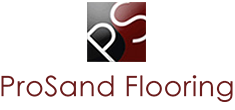
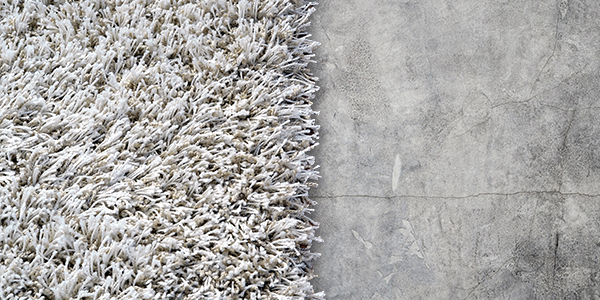
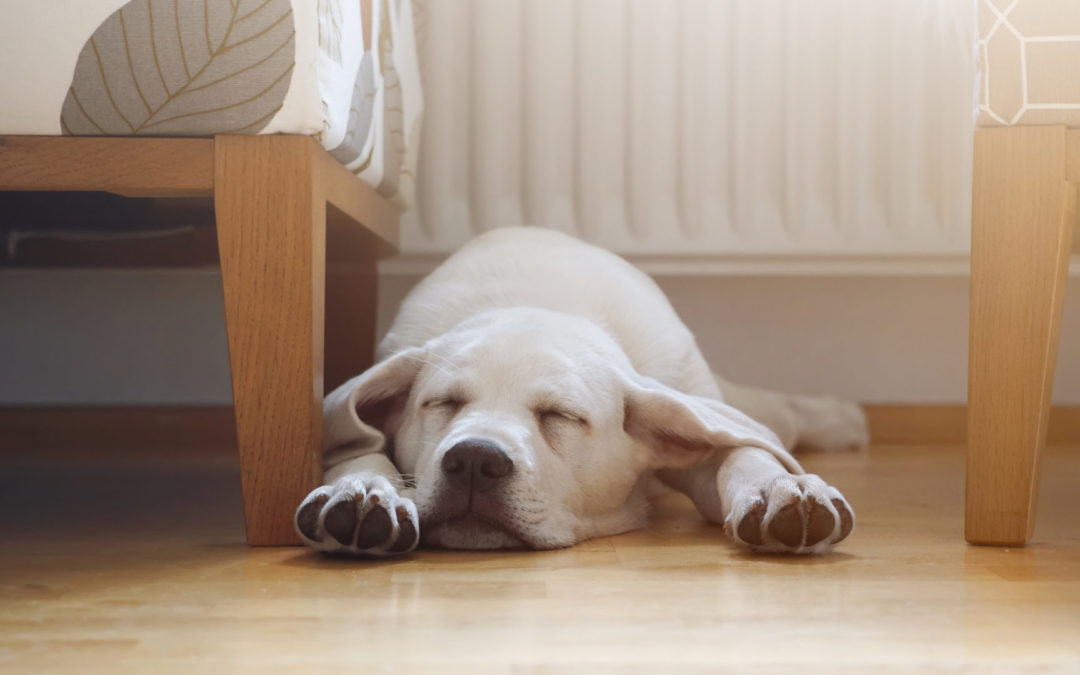
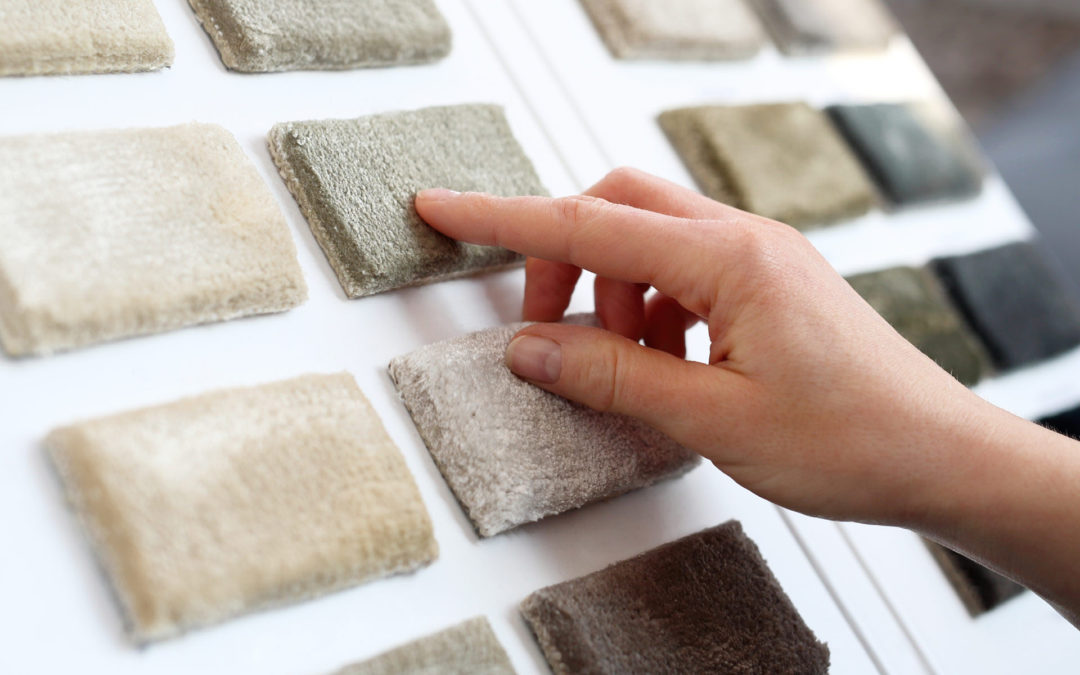
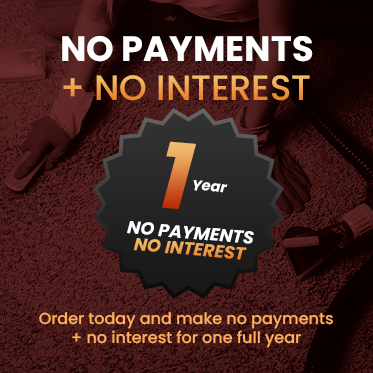

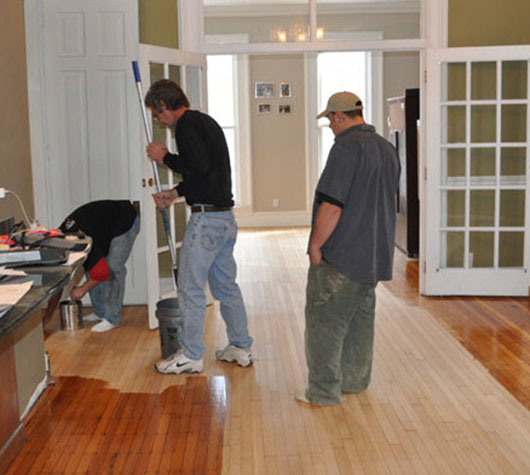 Repairing Scratched Hardwood Floors
Repairing Scratched Hardwood Floors
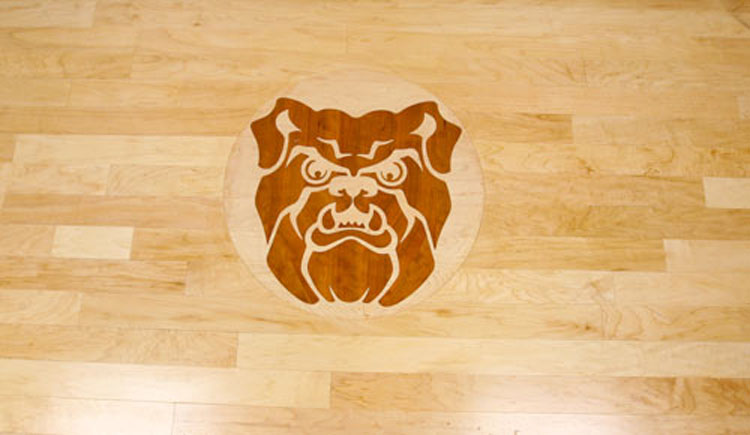 Hinkle Fieldhouse Butler Univers...
Hinkle Fieldhouse Butler Univers...
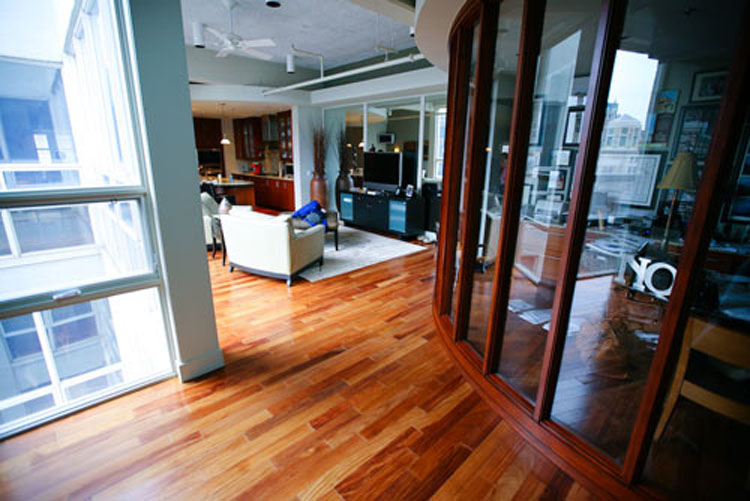 Penthouse Town Home Downtown Ind...
Penthouse Town Home Downtown Ind...
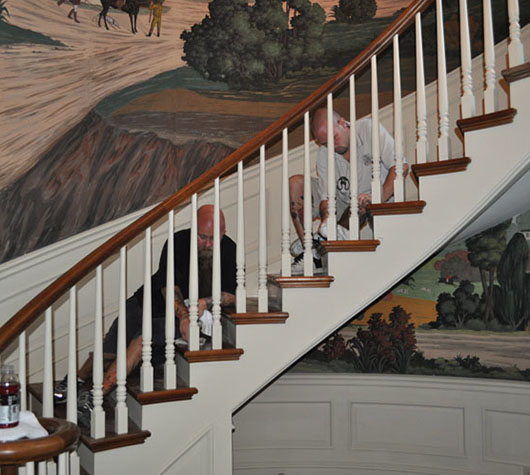 Antique Flooring Restoration
Antique Flooring Restoration
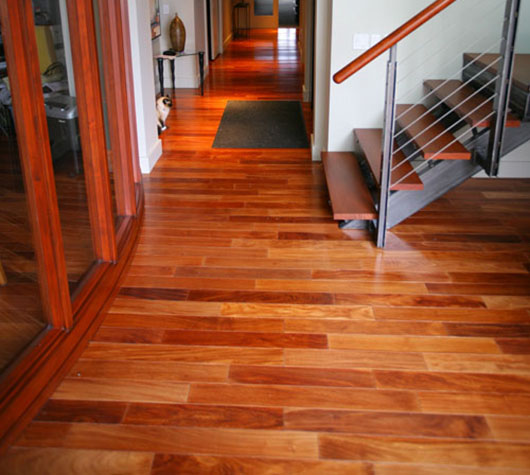 Brazilian Cherry Hardwood Floors
Brazilian Cherry Hardwood Floors







